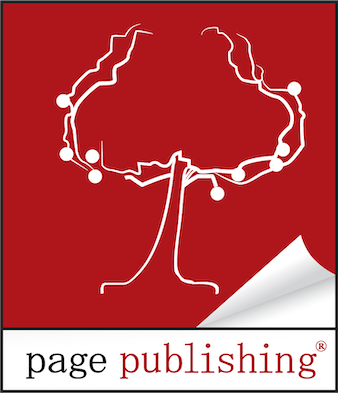
Every one of us carries a vault of unique memories—moments that shaped us, taught us, or stayed with us because of their humor, heartbreak, or beauty. These memories are more than snapshots of the past; they’re treasures waiting to be transformed into powerful stories. Whether you’re writing fiction, memoir, or poetry, mining your own experiences can create authenticity and emotional depth that resonates with readers.
Here’s how you can turn your personal experiences into literary gold.
1. Start with the Spark
Think back to moments that left an impression on you. What made them stand out? Was it the emotion you felt, the people involved, or the life lesson learned? These sparks are the seeds of compelling stories.
For example:
The summer you moved to a new town and felt like an outsider.
A conversation with a grandparent that changed how you see the world.
A seemingly mundane event, like waiting for the bus, that turned extraordinary.
Write freely about these moments. Don’t worry about structure—capture the raw emotion and details first.
2. Zoom In on the Details
What makes a memory vivid isn’t just the event itself but the small, sensory details that bring it to life. Instead of saying, “It was a hot day,” describe how the sun baked the asphalt, the ice cream melted faster than you could eat it, or the cicadas screamed in the trees.
By weaving in textures, sounds, smells, and tastes, you can create a setting that feels real to the reader.
3. Find the Universal in the Personal
Your memories are uniquely yours, but the emotions behind them—love, loss, fear, joy—are universal. Ask yourself:
What themes emerge from this memory?
How might others relate to this experience?
For instance, a memory of failing a test might turn into a broader story about overcoming self-doubt, which can resonate with readers in various walks of life.
4. Play with Perspective
The way you view a memory today may differ from how you experienced it in the moment. Use this duality to your advantage.
Write the memory as your younger self experienced it.
Rewrite it from the perspective of who you are now.
This exercise can add layers of meaning to your story, offering readers insight into your growth or a deeper understanding of the event.
5. Fictionalize Wisely
While personal stories can be powerful as is, sometimes adding fictional elements makes them more dynamic. Change names, blend events, or imagine conversations that never happened to enhance your narrative while staying true to the emotional core of your memory.
Fictionalizing your experiences allows you to explore “what if” scenarios, turning a memory into something even richer and more layered.
6. Use Conflict as Your Compass
At the heart of every great story is conflict. Look for the tension in your memories:
A difficult choice you had to make.
A disagreement with a loved one.
An internal struggle between fear and bravery.
Conflict drives stories forward and makes readers care about the outcome. Explore the stakes and resolution of your memory to create a compelling narrative arc.
7. Honor Vulnerability
Sharing personal memories can feel like exposing your soul, but vulnerability is what draws readers in. Don’t shy away from the messy, imperfect parts of your story—they’re often the most relatable and moving.
Ask yourself:
What am I afraid to say about this memory?
How can this story connect with someone who feels the same way?
8. Polish with Purpose
Once you’ve mined your memory and written your story, step back and ask:
What’s the heart of this story?
Is the focus clear, or do I need to refine it?
Revisit your work to tighten the narrative, enhance the imagery, and ensure the story conveys what you want it to.
Your memories are an endless source of inspiration. By mining them thoughtfully and creatively, you can craft stories that are not only deeply personal but also resonate universally. Every moment, big or small, holds the potential to become a piece of story gold.
Start mining today—you might be surprised by what you uncover.
